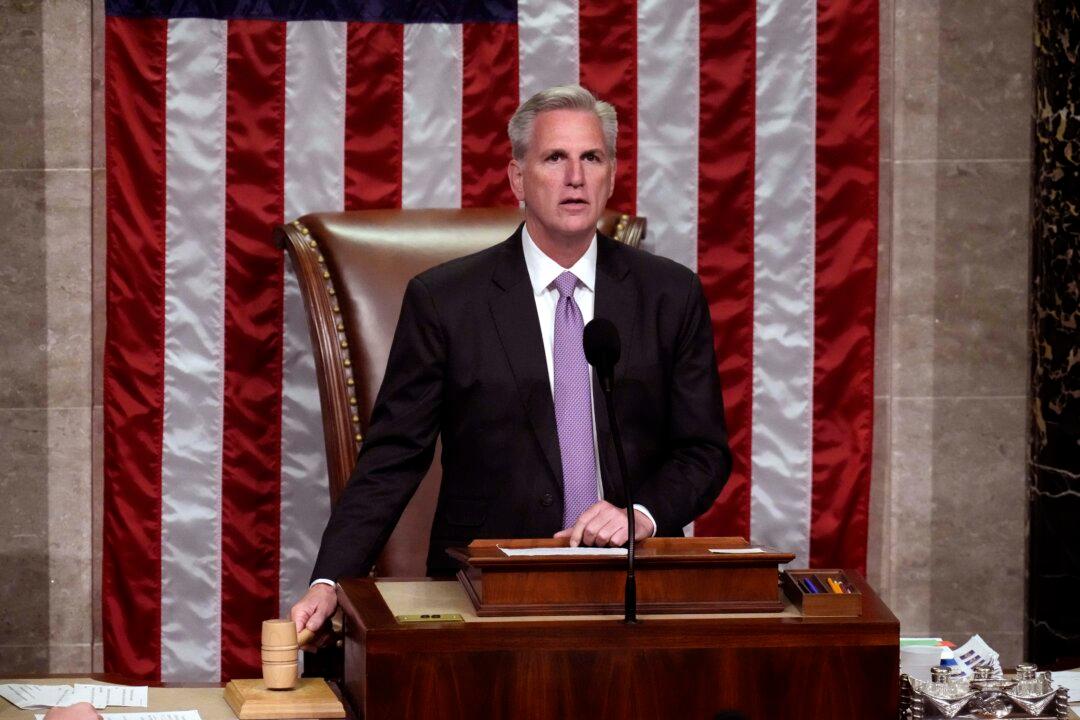As negotiators zero in on the details of an agreement to raise the debt ceiling, some Republican representatives are downplaying the idea that cutting a bipartisan deal will endanger the position of House Speaker Kevin McCarthy (R-Calif.).
McCarthy was elected speaker in January after a record 15 ballots. Because Republicans hold a slim majority in the House, a small group of conservative members were able to hold up McCarthy’s election until granted a number of demands.





